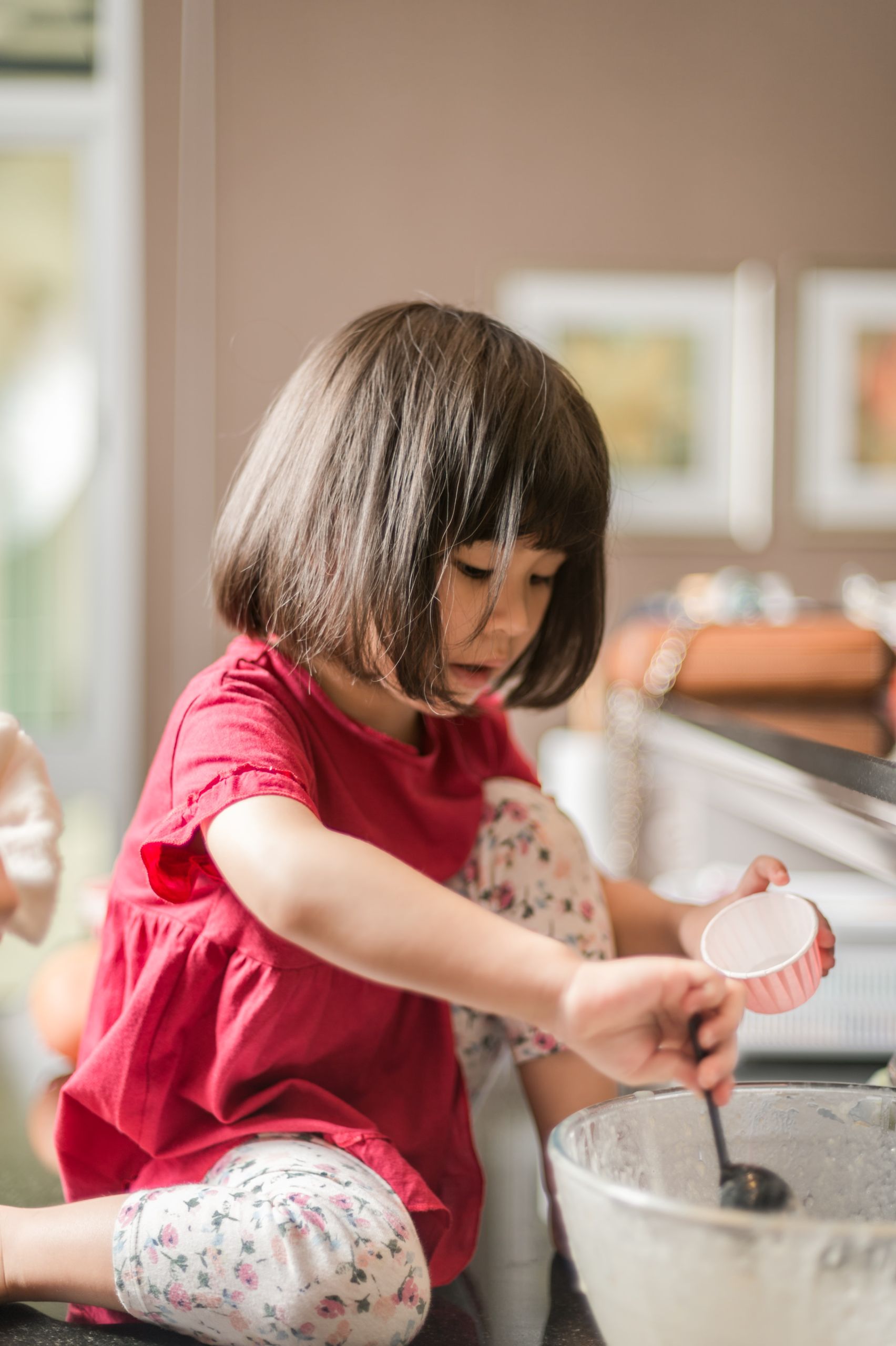Australian Food Safety Week from 13-20 November is a timely reminder to teach children to be aware of food safety risk.
Children need to learn about the dangers of food poisoning and what we can be done to avoid it. There are some simple ways to teach your children about food safety to help set them up for a healthy life.
Why food safety matters
 Start by teaching your kids why food safety is so important. Let them know about the risks of food poisoning and explain to them that some bacteria that can grow on food may make us sick.
Start by teaching your kids why food safety is so important. Let them know about the risks of food poisoning and explain to them that some bacteria that can grow on food may make us sick.
Also, explain that we can avoid food poisoning with some easy steps.
Role model good behaviours
As with any action you want to teach your child, it’s essential you walk the talk and act the way you want them to. Show them the right food safety behaviours by doing them yourself. This includes things like hand washing, using foods within their use by date and proper kitchen hygiene practices.
Involve the kids
Telling your kids about food safety and role modelling good behaviour is a great start, but take it up a notch by including them when you go grocery shopping with activities such as:
- checking use by dates
- checking for cracked eggs in a carton
- looking for fresh produce (meat, seafood, fruit and veg).
A safe school lunch
Teaching your kids how to stay safe at school lunchtime is an excellent way to share the food safety message, and they might even share it with their school friends too.
- Encourage your children to discard all leftover food after eating, including disposable food packaging like cling wrap or paper bags. Don’t reuse these items.
- If a fridge is available at your child’s school, encourage your child to use it. If one is not available, let them know to keep their lunch out of direct sunlight and the heat of the day.
- Tell your child to eat perishable items first.
- Encourage hand washing with your children – teach them to wash their hands before handling and eating food.
Cooking and cleaning up the kitchen
Keeping the kitchen clean and safe is a family affair. Everyone needs to keep food safety top of mind by:
- Washing hands before handling food
- Keeping dishcloths, sponges and tea towels clean
- Checking use by dates on items in the fridge
- Using separate chopping boards for raw meat/seafood and veggies/fruit
- Covering things in the refrigerator and ensuring no leaking or dripping
- Using hot, soapy water to wash dishes and cleaning surfaces down
For more food safety tips, visit the Food Safety Information Council
